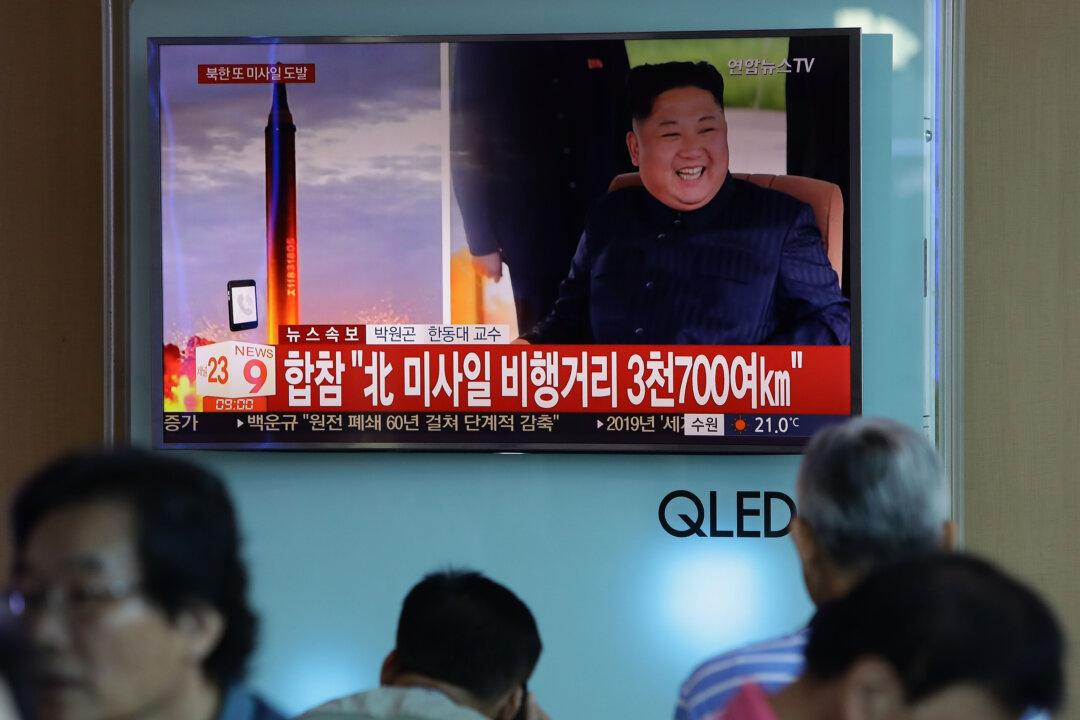During his speech to the United Nations on Sept. 19, President Donald Trump strongly denounced North Korea for its threats against other nations, and for causing the starvation deaths of millions of its own citizens.
He called out the leader of the North Korean communist regime, Kim Jong-Un, stating that by making nuclear threats against the United States and its allies, “Rocket Man is on a suicide mission for himself and for his regime.”





